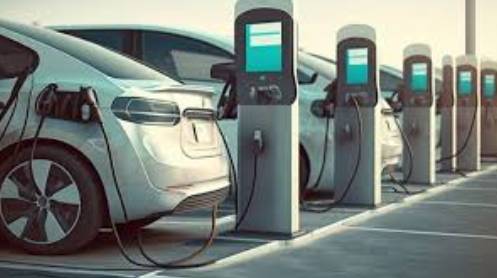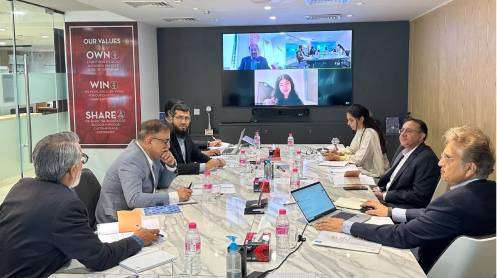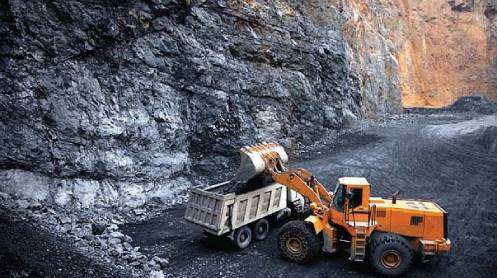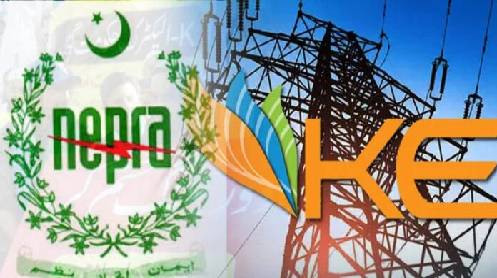LAHORE: The 2nd Electric Vehicles (EV) Conference, held in Lahore on Saturday, brought together industry leaders, policymakers, financiers, and climate advocates to accelerate Pakistan’s EV transition, spotlighting both opportunities and persistent challenges.
Organized by the Climate Action Centre (CAC) and Pak EVO, with support from the Bank of Punjab (BOP), the event underscored the urgent need for collaboration between public and private sectors to drive EV adoption and localization.
Umer Khan, Head of Investment Banking at BOP, emphasized in his keynote that tangible government incentives, such as subsidies and tax credits, are critical for scaling EV adoption, echoing global experiences. He also highlighted the availability of significant climate finance resources that Pakistan could tap with the right international engagement.
Dr. Aazir Khan introduced PakKEVO, a new initiative to promote EV education, collaboration, and policy reforms, lamenting past missed opportunities due to fiscal constraints. He stressed that aligning fiscal priorities with sustainable energy goals is now essential for Pakistan’s climate resilience.
Despite global EV sales growing nearly 40% between 2023 and 2024, Pakistan’s penetration remains low. However, optimism was fueled by initiatives like Daewoo’s plan to replace diesel buses with electric models on short intercity routes. Sheriar Hassan of Daewoo revealed that partnerships with BOP are already underway to finance the shift.
Panelists pointed out that Pakistan could emerge as a regional EV manufacturing hub, especially in the two-wheeler segment. Nauman Alvi of EVEE Motors noted that 1.4 million units were sold in 2024, driven by local production, and called for further localization, particularly of plastic components.
Female participation in EV ownership is rising, with EVEE reporting 20% of users are women, compared to less than 1% in traditional markets — an encouraging trend highlighting the need for targeted awareness campaigns.
Saleha Hassan from DFML challenged the notion that EVs are luxury items, noting hatchbacks make up 52% of the EV market. She urged the government to support CKD (completely knocked down) assembly over CBU (completely built up) imports to strengthen local manufacturing.
Challenges remain, particularly in the form of underdeveloped charging infrastructure and limited financing options. However, innovative models like battery leasing, green bonds, and lessons from international financing programs offer pathways forward.
Speakers including Yasir Husain (CAC), Zulfiqar Younas (Ministry of Climate Change), and Dr. Umer Masud (Ministry of Industries and Production) stressed that policy support and public-private partnerships are essential to build a thriving EV ecosystem.
The conference concluded with a unanimous call for urgent, coordinated action. Participants agreed that fostering a national EV industry is not just an environmental imperative — it is a critical step towards economic resilience and global competitiveness for Pakistan.







